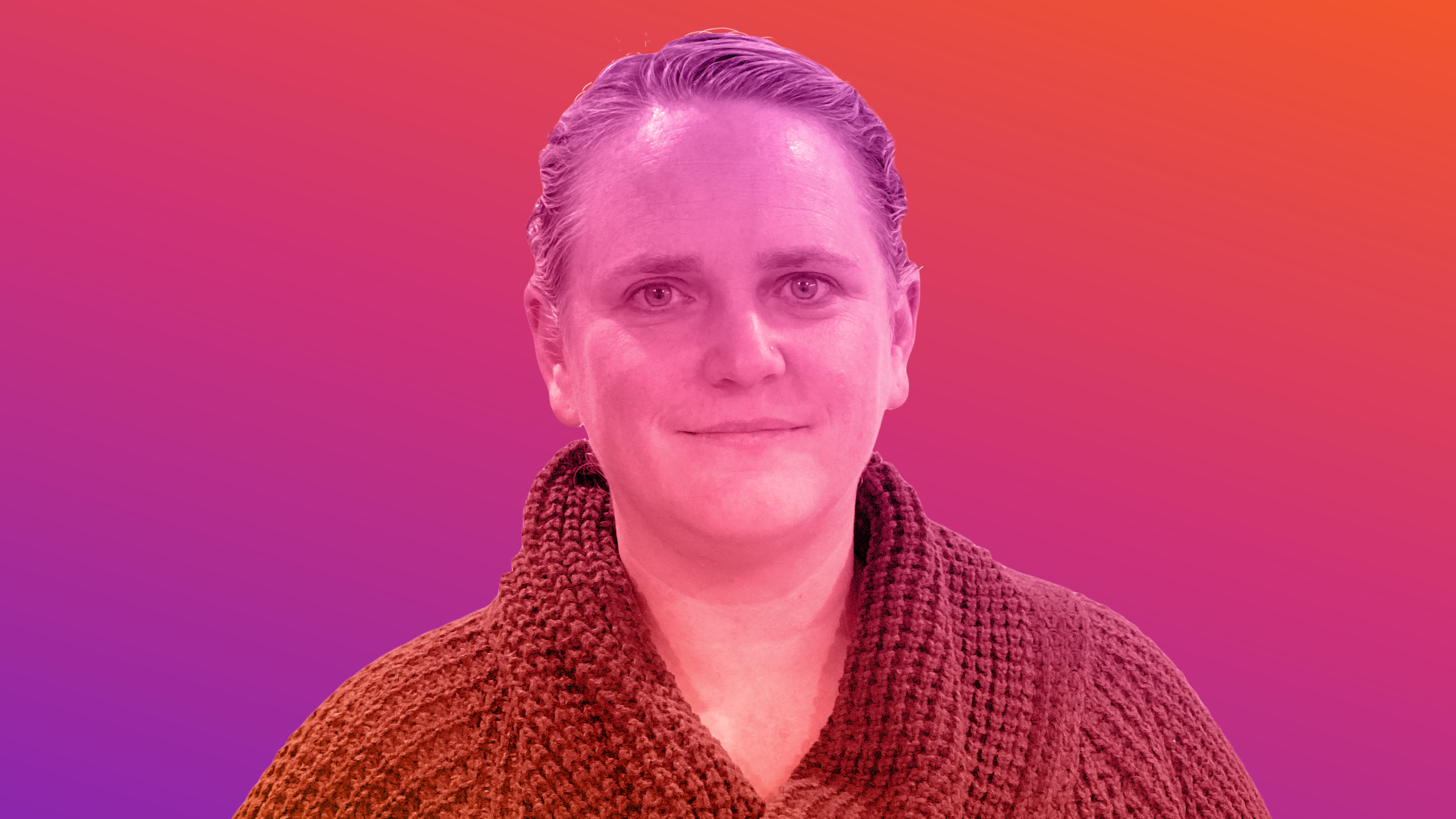No One’s Mom Ever Made Them Go To Art School: Defying Expectations & Breaking the Mold | with Melanie Corn
Dr. Melanie Corn describes her childhood as stereotypically idealistic. Not necessarily normal — a pleasant childhood is not quite as normal as it should be these days — but almost generically pleasant. Her parents didn’t push her very hard, but she was very self-motivated — perhaps in spite of what felt like low expectations, not just for her but for all young women in her small Midwestern town.
And this experience growing up, this drive to push far above and beyond low expectations, is likely what made Dr. Corn such a fervent believer in the power of creativity, as it says in her bio, and what makes her so well suited to be President of the Columbus College of Art & Design. “No one’s mom ever made them go to art school,” Dr. Corn often says, meaning that CCAD students are intentional, hardworking, and passionate about their education — just like Dr. Corn.
Today’s episode shares the story of breaking the mold in your family, your community, your society, and yourself. We explore how our childhood experiences shape us — the good and the bad — and what schools can do to better support children today, especially when it comes to mental health.
What Brett asks:
- [9:10] It sounds like you had an almost idealistic childhood. Is that fair?
- [17:10] Did the end-of-the-world nuclear war messaging seep in and shape you as a child?
- [18:30] Can you tell us about what it was “supposed to be like” growing up as a girl and the societal limitations you experienced? How did that play out for you?
- [23:20] Can you connect the dots between the positive and negative messaging you get from both your family and society growing up? How does that play out as you move through high school and college?
- [27:30] How did the creative part of you start to emerge and take shape?
- [38:00] It may not sound like that big a deal today, but it sounds like you’re breaking a mold in your community, in your family, in your society, and in yourself — and it sounds like the girl dragging the keg is the thing that really gets you to break that mold!
- [43:00] Tell us about why you came back to the Midwest and what you’re creating now. What is your vision for CCAD and how are you using all of this life experience to create it?
- [51:25] Are we all born creative? And how are you honoring this new way of being creative?
- [1:01:20] What are you doing to tackle the mental health aspect of the college experience?
Lessons for intentional living:
- It’s beneficial to frame life as happening for you, not to you. When life is happening to you, then you’re a bystander in every situation, good or bad. You have no agency. When life is happening for you, then you’re empowered by both the good and the bad. That doesn’t mean you have to accept that everything that happens in life is good — some things are surely not good or fair — but you can still choose to take those experiences and use them to shape your life for the better.
Resources:
- Columbus College of Art & Design: www.ccad.edu
- Connect with Dr. Corn on LinkedIn: www.linkedin.com/in/melaniecorn
